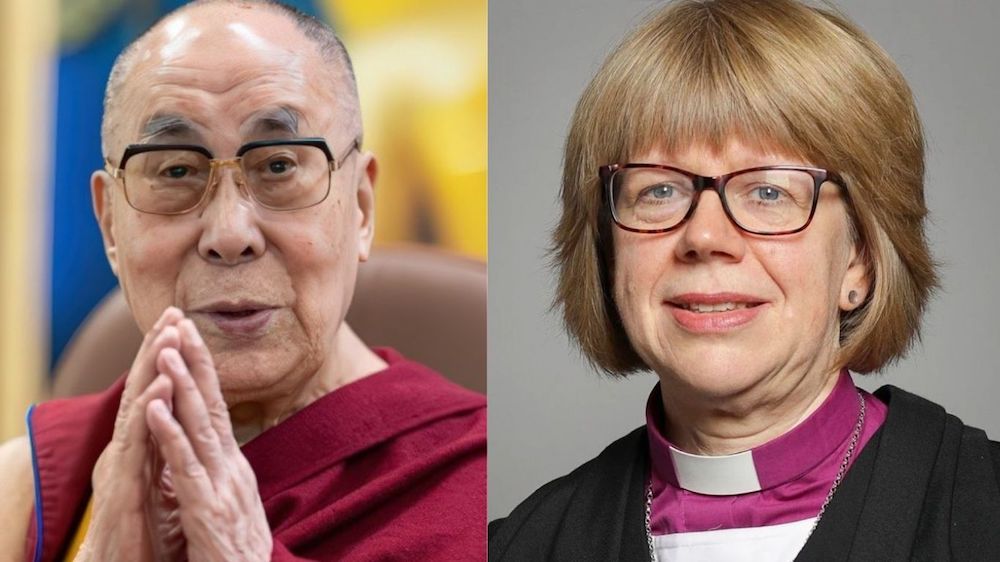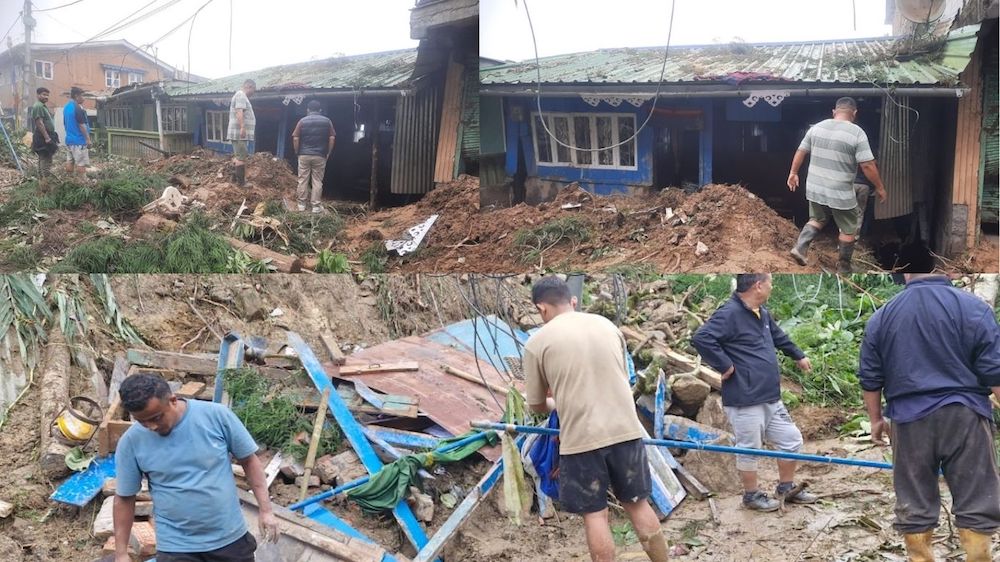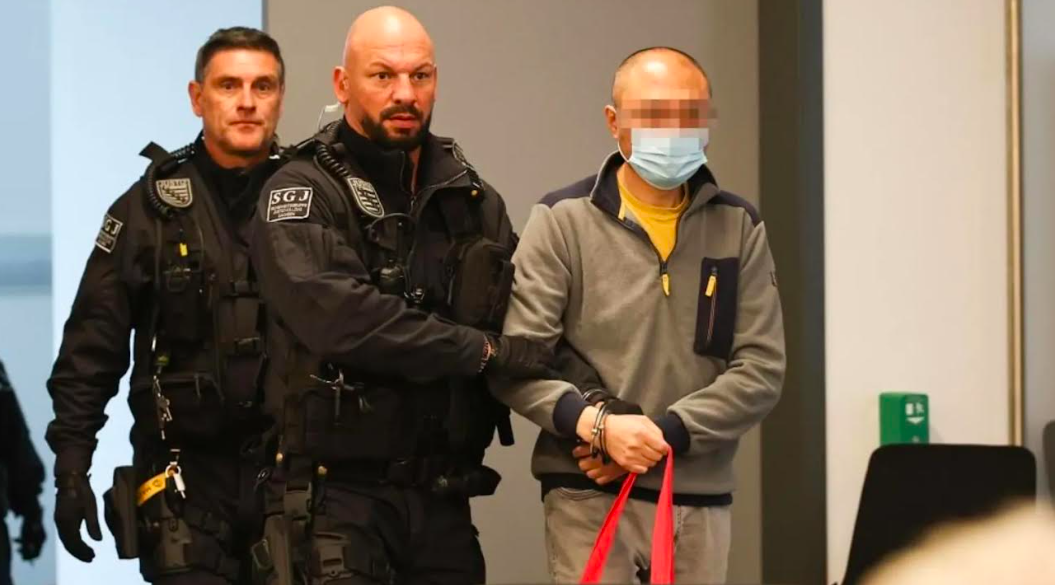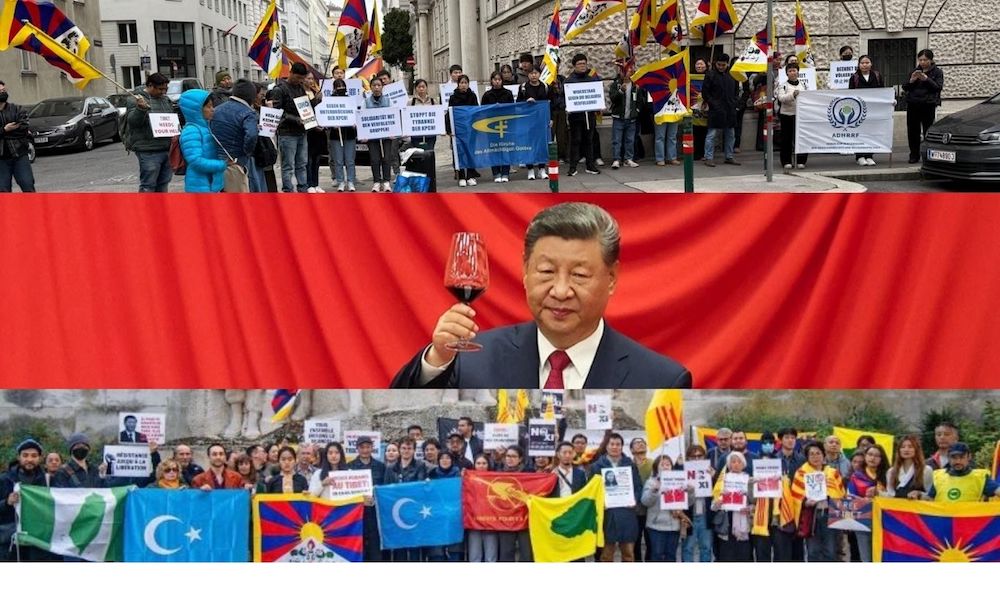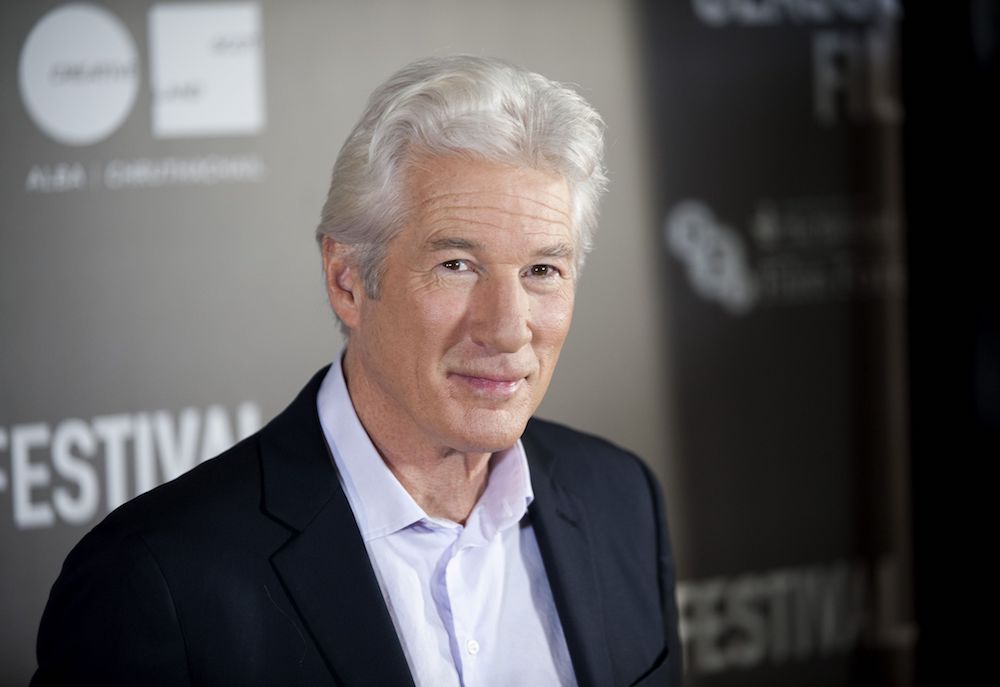 DHARAMSHALA, November 28 – The World Health Organization has objected to the Tibetan Tuberculosis Control Program of the Tibetan Delek Hospital to be awarded this year’s ‘Kochon Prize’, a prestigious honor for major contributions to the fight against TB, The Wall Street Journal reported.
DHARAMSHALA, November 28 – The World Health Organization has objected to the Tibetan Tuberculosis Control Program of the Tibetan Delek Hospital to be awarded this year’s ‘Kochon Prize’, a prestigious honor for major contributions to the fight against TB, The Wall Street Journal reported.
Dr. Tsetan Sadutshang, the Chief Medical Officer of the hospital, was told last month by the Stop TB Partnership, an international body that is housed at the WHO, that his program had been chosen a winner. The program, however, was not given the award after the WHO director-general Margaret Chan didn’t approve the choice for the program’s links to the Tibetan government-in-exile. According to people close to the selection process, the director-general of the World Health Organization must approve the winner.
Based at a hospital in Dharamsala, India, at the foot of the Himalayas, the Tibetan Tuberculosis Control Program treats Tibetans in exile as well as Indian patients. Despite high rates of TB and drug-resistant TB in the community, the program says 93% of its patients in 2012 were either confirmed cured or were well after their treatment ended.
“We have one of the highest rates of TB in the world,” Dr. Sadutshang told WSJ. “One of the biggest health problems in the Tibetan community is TB.”
The Central Tibetan Administration, as the Tibetan government is now called is not recognized by the United Nations. “The WHO is not able to recognize any entity that is not in turn recognized as a legal authority by the UN,” WHO spokesman Gregory Hartl was quoted as saying. He said the prize committee’s selection was reviewed by the WHO administration’s legal department.
Meanwhile, China also opposed the choice calling the TB program a political organization because of its connections to the government in exile, which China asserts threatens its sovereignty over Tibet. Incidentally, Phayul learned that the WHO director-general Margaret Chan is a national of the People’s Republic of China.
The Kochon prize is funded by the Kochon Foundation, a nonprofit organization in South Korea, and winners are selected by the Stop TB Partnership, an international body that is housed at the WHO and subject to its rules. The Stop TB Partnership had declined to comment when approached by The WSJ. The Kochon Foundation didn’t respond to an email from The WSJ requesting comment. The status of the selection of this year’s winner is now unclear, according to people close to the selection process.
The TB program is registered as a charitable organization in India and its administration is “completely autonomous,” from the Tibetan administration, Dr. Sadutshang said. He said the Tibetan government does not fund the program. The yearly expenses of around $200,000 come from grants provided by nongovernmental programs and individual donors. It also gets some TB drugs from India’s TB program.
“We have a relationship with the Central Tibetan Administration, but for all practical purposes we are independent,” said Dr. Sadutshang.
Dr. Kunchok Dorjee, former director of the Tibetan TB program, said the prize money of $65000 to be shared with another winner would have greatly helped the program assuage its financial burden. “It would have really helped us run our program and save a number of lives,” he said.
“It’s a violation of the mission of the prize to deny an award to a program that is saving the lives of a huge number of poor people,” said Mark Harrington, executive director of the Treatment Action Group, an AIDS research and policy think tank that also focused on TB issues.
The incidence of TB among Tibetans in India was 461 per 100,000 in 2010, according to Dr. Sadutshang’s program. WHO put India’s figures at around 176 per 100,000 in 2012.
The program currently has about 300 people under treatment. It gets about 200 new cases a year, about 14% of whom have drug-resistant forms of the disease, including some that require lengthy doses of expensive medications.





